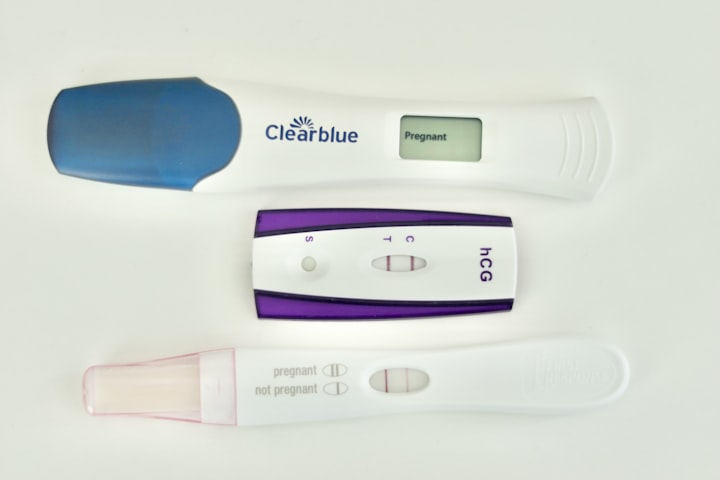Don’t Be Fooled By These Paypal & Amazon Scams
They’re on the increase

My husband got an email from Paypal recently — a payment request for £899. He logged into his account, where a note on the transaction said that £899 had already been taken from his account.
“You’ve sent a payment of £899.99 GBP to ESET NOD32. If the transaction is unauthorised contact our customer service support @ +44–800–058–4154”
Fortunately, I’d been sending invoices to some US clients using Paypal, so I knew what had happened. The payment request was from a scammer using a real Paypal account to try to lure people into contacting them outside of Paypal.
No money had been paid out of his account. It was just a request. Once my husband logged into Paypal, he had two options: pay it, or cancel it. He chose the latter. He then telephoned Paypal through their ‘contact us’ page, to alert them to someone using their account for attempted fraud.
The thing is, when you issue an invoice or payment request through Paypal, you can add a note saying anything you want. In this case, the note was designed to panic the recipient into telephoning fraudsters on a fake ‘customer services’ number.
If someone called that number to report fraud on their account, they would be playing into the hands of the scammers and might end up giving away personal details or their Paypal login, and end up out of pocket.
Instead, my husband contacted Paypal through their own customer services number — and yes, it took a bit of digging around to find a telephone number for Paypal, because they prefer to you trawl through their ‘help’ section first.
It’s easy to see how some people might be fooled. My husband wanted to block the email address that had sent him the payment request, so it couldn’t happen again, but I urged him not to.
“The email really is from Paypal!” I told him. “If you block the email address, you won’t get notifications if someone has got into your account. You need Paypal to be able to email you, so you can take action if something really does happen that is unauthorised.”
He feels better about it after speaking to a Paypal representative, but he was worried for a while.
Don’t be fooled. Don’t call numbers in emails. Always go back to the original website from where a message supposedly came, and call the customer service team from the number on their official website.
My husband was still feeling shook up by the experience, so I offered to send him a money request, so he could understand how it’s done. “I can send you a request for £1 million if you like?” I offered. “It doesn’t mean you have to pay it.”
He said that wasn’t necessary. 😄
Amazon scams
There are a number of Amazon telephone call scams going around where someone will phone and tell you that your account has been used to order an expensive item. The call handler says they are checking to verify that you placed the order.
When you say you haven’t ordered the item, they say they need your assistance to cancel the order, and ask for your Amazon login details and credit card information. If you give out this information, they will later log into your Amazon account and buy things online using your credit card.
Look out for these things, which might seem suspicious (source):
- The call is about an order you never placed
- The caller asks for personal information
- The caller is vague about what you ordered
- The caller is trying to pressurise you to act quickly
- The call is a recorded message
Amazon says: “Don’t share any personal information and report it immediately”.
If you get a call of this nature, check your account for unauthorised purchases. In most cases, you’ll see that there has been no activity on your account.
If you spot an unauthorised purchase, immediately cancel the order, or contact Amazon customer support for assistance, by going through their website to reach their contact pages. The chat function is remarkably good.
If you think you’ve given your information to a scammer and you realise quickly, change your Amazon password, alert your credit card company on their fraud line, and check your credit card statement for any purchases that you didn’t authorise. If there is a transaction there that shouldn’t be, report it to the credit card company.
Keep your wits about you and don’t give personal information out to anyone who calls you, unless you’re sure they are someone you can trust, and they are someone you’ve been expecting to call.
For more information on scams, including email scams, check the Amazon advice pages here.
© Susie Kearley 2023. All Rights Reserved.






Comments
Susie Kearley is not accepting comments at the moment
Want to show your support? Send them a one-off tip.